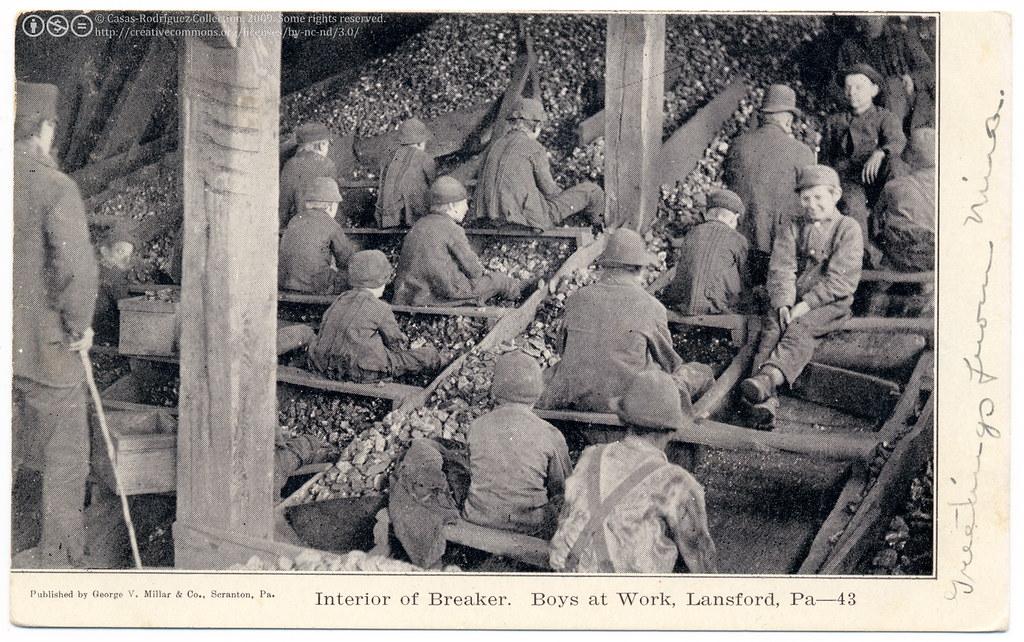These boys, like Blake’s chimney sweepers, were born into labor and told to accept it with grace. This photo captures the quiet violence Blake exposed — a world where innocence is exploited in the name of progress.
https://www.flickr.com/photos/32008531@N08/3352372192
Featured in Exhibit
Artist
Associated events
Associated Places
Copyright
©Casas-Rodríguez Collection, 2009. Some rights reserved.
Vetted?
No


